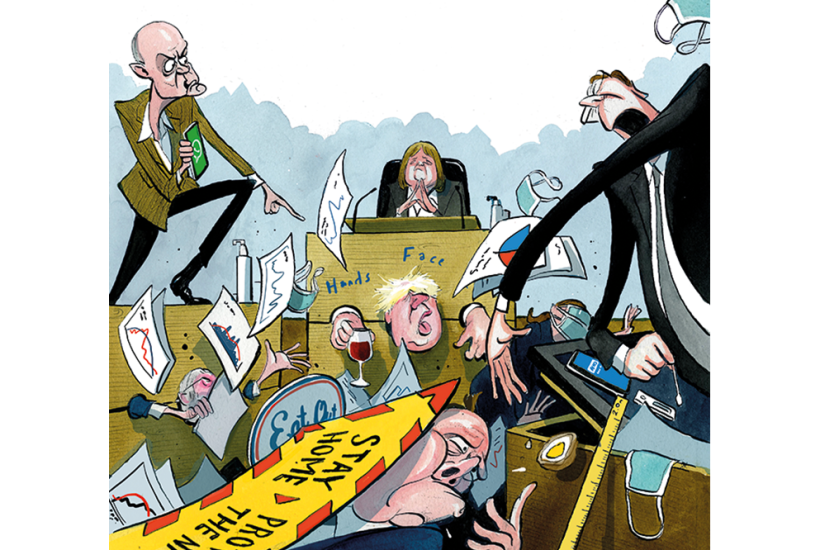There is something therapeutic and healing in watching Professor Chris Whitty give evidence to the independent public inquiry into the Covid pandemic – the sense of calm emanating from the man, his occasionally Panglossian self-satisfaction, his refusal to become anything more than barely ruffled even when his interlocuters gently venture forth the suggestion: ‘Overreaction?’ The impression one gets, or perhaps is supposed to get, is of a very clever, terribly rational man in a world full of thicko scumbags.
Already a subscriber? Log in
Subscribe for just $2 a week
Try a month of The Spectator Australia absolutely free and without commitment. Not only that but – if you choose to continue – you’ll pay just $2 a week for your first year.
- Unlimited access to spectator.com.au and app
- The weekly edition on the Spectator Australia app
- Spectator podcasts and newsletters
- Full access to spectator.co.uk
Unlock this article
You might disagree with half of it, but you’ll enjoy reading all of it. Try your first month for free, then just $2 a week for the remainder of your first year.









Comments
Don't miss out
Join the conversation with other Spectator Australia readers. Subscribe to leave a comment.
SUBSCRIBEAlready a subscriber? Log in